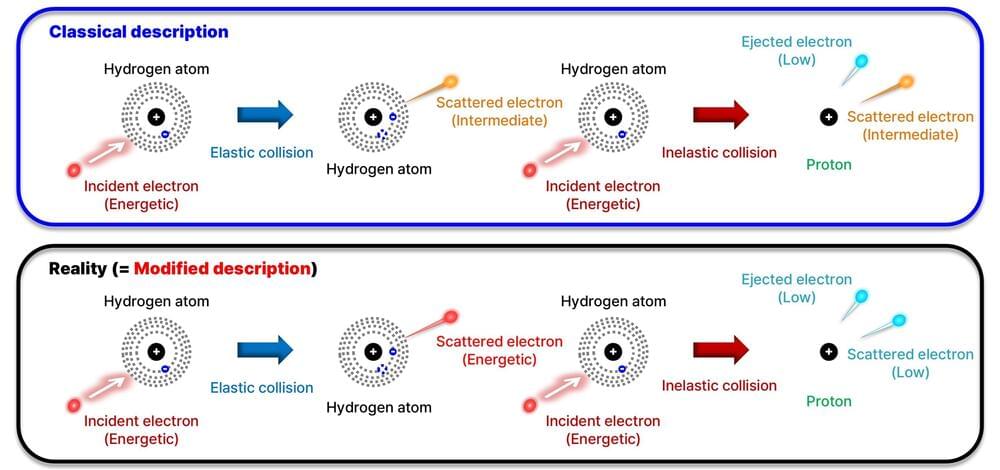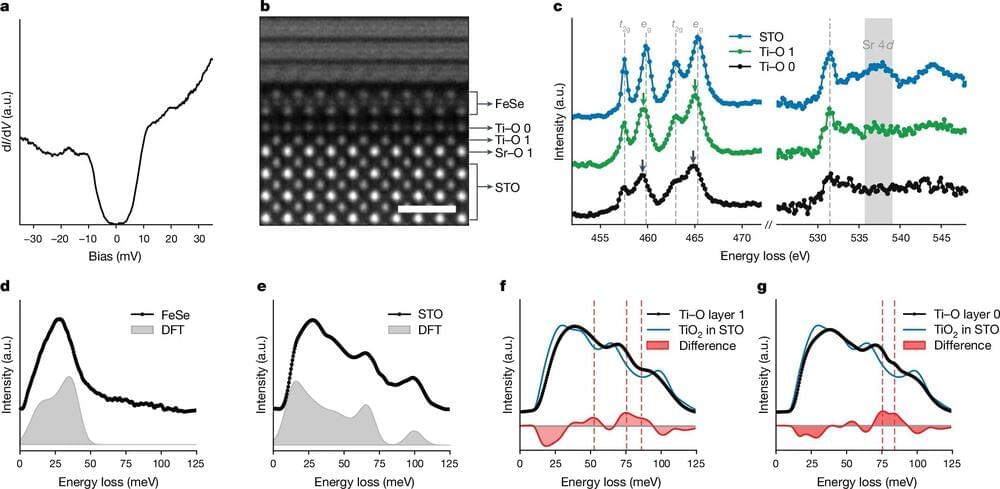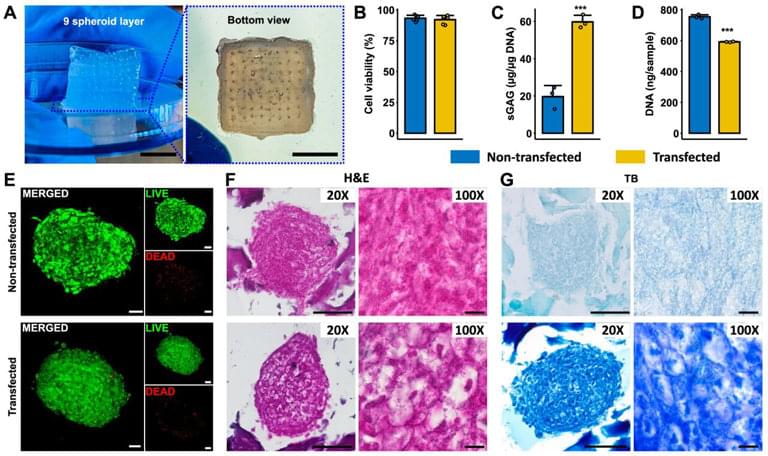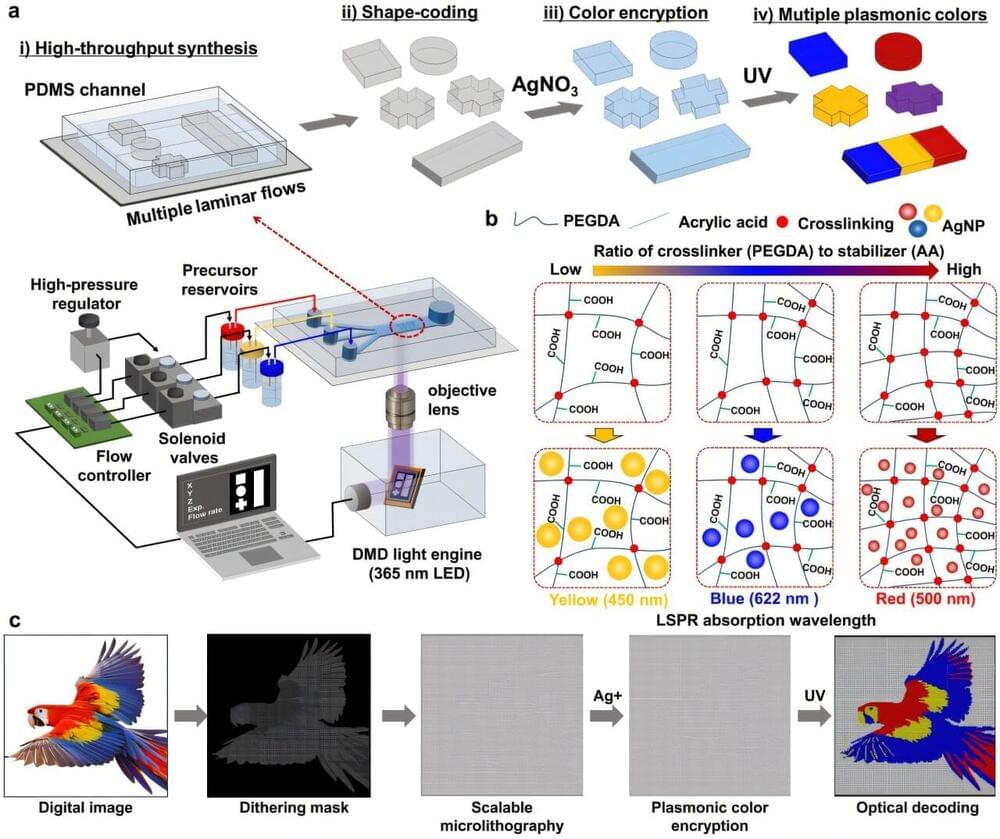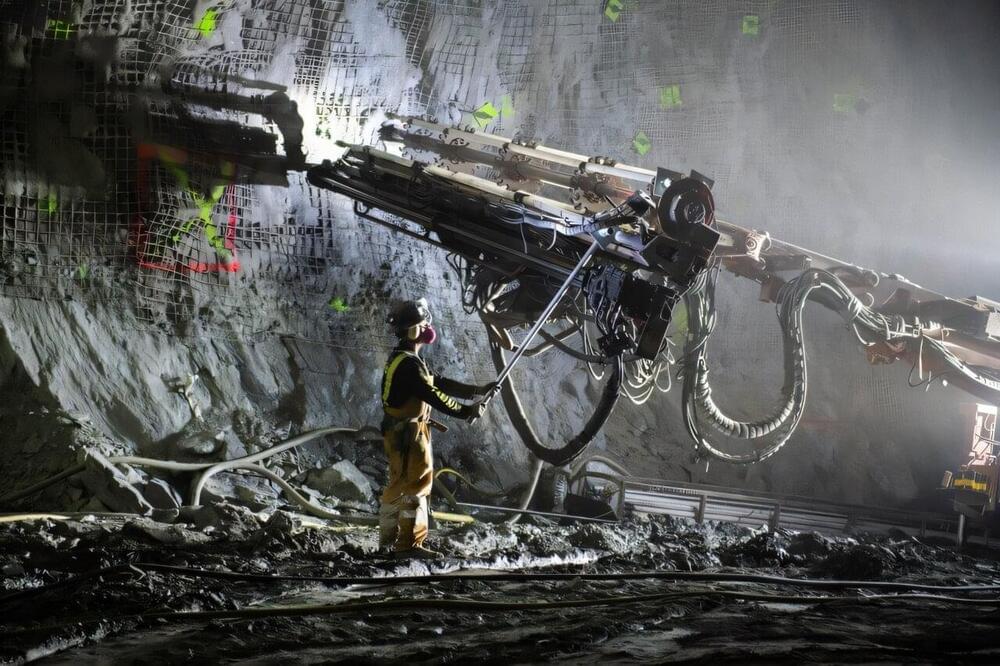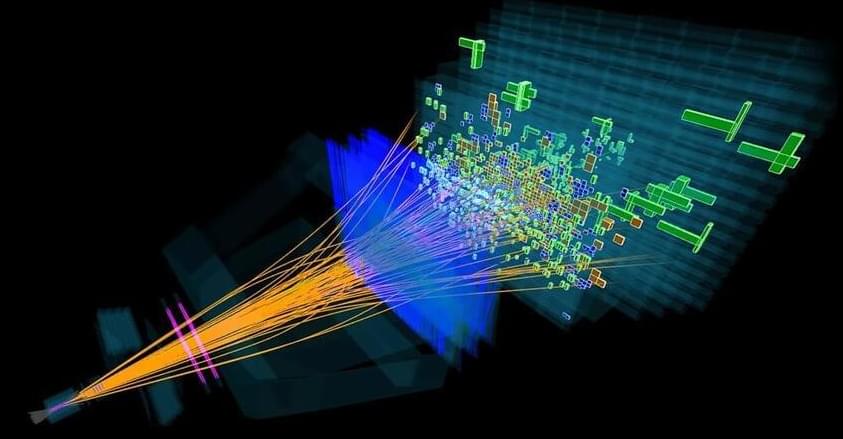A research team has clarified the mechanism behind the generation of runaway electrons during the startup phase of a tokamak fusion reactor. The paper, “Binary Nature of Collisions Facilitates Runaway Electron Generation in Weakly Ionized Plasmas,” was published in the journal Physical Review Letters.
Nuclear fusion energy refers to a power generation method that harnesses the energy of an artificial sun created on Earth, using resources extracted from seawater. To achieve this, technology capable of confining high-temperature plasma exceeding 100 million degrees for extended periods in a fusion reactor is essential.
A tokamak is an artificial sun system in the shape of a torus, with no beginning or end, where magnetic fields are applied to confine particles.
